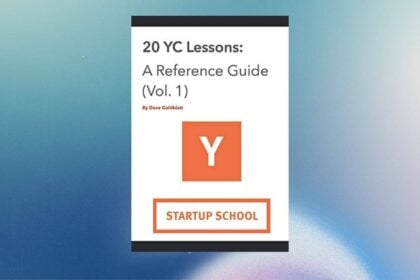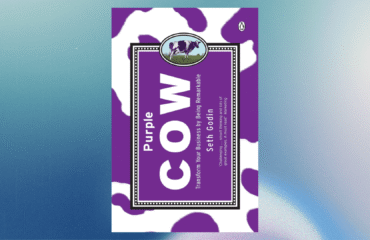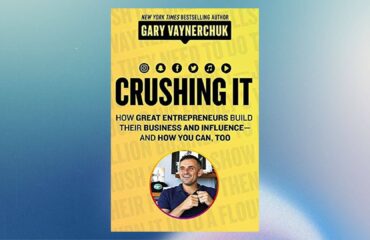
Launching a startup often feels like walking a tightrope without a safety net—a thrilling but precarious endeavor. Founders dream big, but reality can be brutal when there is a lack of structured guidance. That’s where “Y Combinator Startup School” steps in, offering practical, experience-driven insights from one of the most successful startup accelerators in the world.
This article delves into the core lessons of the book and provides actionable advice to help you succeed in your own entrepreneurial journey.
Book Overview
Y Combinator Startup School is a definitive guide for entrepreneurs navigating the early stages of their startups. Drawing on the wealth of experience from Y Combinator—the accelerator behind successes like Airbnb, Dropbox, and Reddit—the book offers candid advice on building startups from scratch, raising funds, and avoiding common pitfalls. This resource combines lectures and insights from Y Combinator’s partners, creating a comprehensive playbook for founders at any stage.
The main themes include startup ideation, market validation, product development, and fundraising—all filtered through the lens of Y Combinator’s field-tested methodology. Whether you are an early-stage founder or someone contemplating your next big idea, the book delivers valuable lessons that can make the difference between failure and success.
Key Insights and Lessons
Key Insights and Lessons from Y Combinator Startup School emphasize a blend of fundamental startup knowledge and actionable strategies:
Key Lessons:
- Validate Your Idea Before You Build: The book stresses that validation should come before significant investment in product development. Test your assumptions by talking to potential customers and understand their real needs.
- Focus on Growth Metrics That Matter: Founders are often tempted by vanity metrics (e.g., social media followers). Instead, focus on indicators like monthly recurring revenue (MRR) or user retention, which directly reflect business health.
- Product Over Perfection: The “Minimum Viable Product” (MVP) is a core concept. Launch something imperfect but usable, learn from the market, and iterate quickly.
- Fundraising Is About Relationships: Successful fundraising is more than just pitching—it’s about building relationships with potential investors. The book highlights the importance of finding investors whose goals align with your vision.
Quotes:
- “Make something people want, not what you assume they need.” — Emphasizing the importance of market fit.
- “The startups that succeed are those that learn faster.” — Highlighting the power of experimentation and adaptability.
Practical Applications:
- Customer Interviews: Before launching your MVP, conduct at least 20 customer interviews to identify pain points, validate your assumptions, and refine your offering.
- Metrics Dashboard: Set up a simple metrics dashboard tracking growth metrics like user acquisition cost and customer lifetime value, which will help make informed decisions.
- MVP Approach: Consider Dropbox’s MVP—a simple explainer video that demonstrated the product’s core functionality. Think about how you could do something similar to gauge interest before investing heavily.
Strengths and Weaknesses
Strengths:
- Actionable Insights: Many readers praise the book for its practical advice, rooted in real-world startup experiences. The examples from alumni startups make the lessons tangible and relatable.
- Diverse Perspectives: The inclusion of multiple Y Combinator partners’ viewpoints allows readers to gain a rounded understanding of different aspects of startup growth, from product-market fit to scaling challenges.
- Step-by-Step Framework: The book provides a clear framework to navigate the startup process, from idea validation to investor pitching, making it an excellent manual for first-time founders.
Weaknesses:
- Limited Industry Focus: The book often emphasizes tech startups, which may not resonate as much with founders in other sectors such as services or traditional retail.
- Over-simplification of Challenges: Some of the lessons might feel oversimplified. For instance, the idea of validating your product can be more complex in industries that require significant upfront capital investment.
Questions for You
Reflecting on your startup journey is crucial for turning knowledge into action. Here are some questions to think about:
- What are the most significant assumptions in your current business idea that need validation? How could you test these assumptions in the simplest way possible?
- Which type of experiment or strategy mentioned in the book would be most suitable for your business model, and why?
- Who are the top five potential users you could interview in the next week to validate your idea?

Join Our Founder Network
Taking insights from books like Y Combinator Startup School can give you a leg up in the challenging world of startups. But you don’t have to do it alone. Join our Founder Network to connect with like-minded entrepreneurs, gain expert guidance, and put these insights into practice. Learn from experienced mentors, find your tribe, and accelerate your startup journey with the support you need.
Ready to take the next step?



